
My race needs no special defense, for the past history of them in this country proves them to be equal of any people anywhere. All they need is an equal chance in the battle of life. ~ Monument quote by Robert Smalls on the last photo of the article.
These pictures and thumbnail bio concerning Robert Smalls are dedicated to a gentleman named Johnnie Propst. Johnnie was an African-American who was very close to us here at the Carolinian's Archives. He passed away last year in his 80s after a long and uncomplaining battle with bone cancer.
Johnnie and Robert Smalls had lot in common. Both were men born into trying conditions but pulled themselves up to dignity and success. Smalls story on how this happened will be explained in the brief bio accompanying the photos; so we'll tell Johnnie's story first.
He was born in North Carolina about the time the Great Depression began. The child suffered intensely, as did so many others, black and white, during those hardscrabble years. He was to later join the US military and give brave and valuable service in the Korean War. Johnnie then came home and worked and saved until he could have a chance at the middle-class American dream. He was successful. Mr. Propst was a beloved man by all who got to know him. His faith in a higher power of love and his cheerful nature served him well. He simply loved life and people - all people.
He was also very talented (you should have seen the inside of his home, where he collected things, painted and so on.) Not surprising when one considers Denzel Washington was a relative of his. I'm not a tough guy by any means, but like to think I can handle myself fairly well, and I had no shame bending down over his casket while shedding tears, to wish fare-thee-well to his spirit and kiss this lovable man's earthly remains good-bye.
.
Johnnie and Robert Smalls had lot in common. Both were men born into trying conditions but pulled themselves up to dignity and success. Smalls story on how this happened will be explained in the brief bio accompanying the photos; so we'll tell Johnnie's story first.
He was born in North Carolina about the time the Great Depression began. The child suffered intensely, as did so many others, black and white, during those hardscrabble years. He was to later join the US military and give brave and valuable service in the Korean War. Johnnie then came home and worked and saved until he could have a chance at the middle-class American dream. He was successful. Mr. Propst was a beloved man by all who got to know him. His faith in a higher power of love and his cheerful nature served him well. He simply loved life and people - all people.
He was also very talented (you should have seen the inside of his home, where he collected things, painted and so on.) Not surprising when one considers Denzel Washington was a relative of his. I'm not a tough guy by any means, but like to think I can handle myself fairly well, and I had no shame bending down over his casket while shedding tears, to wish fare-thee-well to his spirit and kiss this lovable man's earthly remains good-bye.
.
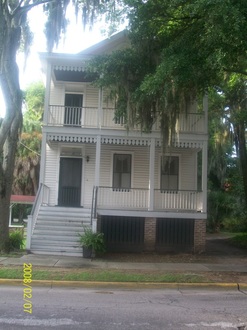 Home in Beaufort where Smalls resided
Home in Beaufort where Smalls resided THE WORLD ROBERT GREW UP IN IN BEAUFORT, SC
Robert came into the world on April 5, 1839 as a bondsperson in the cabin behind his owner's home. His master's name was Henry McKee.
As a matter of fact, he was born not too long after several countries had legally ended the practice. For several examples: the last Northern state to end it was New Jersey in 1804; France in 1826; and Great Britain in 1833. These places had begun to industrialize but the South had much lower populations than the North and those sea-faring European countries and choose to remain largely agricultural.
Its small number of plantation owners and state cabals of politicos should have followed suit as these other places, and they're were leaders in power who wanted to, but they were not the winners in this battle of way-of-life desires. Tragically, it would take a brutal four year war to finally end the very many reasons for the conflict, which are not the focus of this article and won't be gone into.
Robert came into the world on April 5, 1839 as a bondsperson in the cabin behind his owner's home. His master's name was Henry McKee.
As a matter of fact, he was born not too long after several countries had legally ended the practice. For several examples: the last Northern state to end it was New Jersey in 1804; France in 1826; and Great Britain in 1833. These places had begun to industrialize but the South had much lower populations than the North and those sea-faring European countries and choose to remain largely agricultural.
Its small number of plantation owners and state cabals of politicos should have followed suit as these other places, and they're were leaders in power who wanted to, but they were not the winners in this battle of way-of-life desires. Tragically, it would take a brutal four year war to finally end the very many reasons for the conflict, which are not the focus of this article and won't be gone into.
As Robert grew up he became well versed with the profession of sailing, and perhaps, even more importantly, a thorough knowledge of Charleston, South Carolina's harbor. When the American Civil began at the aforementioned city, Robert was thought highly enough of to be selected to steer the CSS Planter. A year later, in April of 1862, Smalls began to plot his escape to become a man in charge of his own destiny.
The details of his daring dash to freedom are far too detailed to go into here but links will be provided for those wishing to read the amazing story. Suffice to say he became a hero and began to serve in the Union navy, later going to Washington City to try and persuade Lincoln and Secretary of War Edwin Stanton to permit black men to fight. He was successful in this endeavor, and Stanton signed the orders allowing up to 5,000 blacks to enlist.
LATER LIFE and CONGRESSMAN
The year after the war ended Smalls found himself back in Beaufort. He went into private business and began to study. In 1870 this remarkable and active man even started, along with several others, a business called the Enterprise Railroad. A quote from Wikipedia has Author Bernard E. Powers calling it "the most impressive commercial venture by members of Charleston's black elite." Two years after this he owned and helped to publish a black-owned newspaper in Beaufort.
Smalls was always appreciative of the party that ended bondage, and that, was of course, the Republican Party. In 1912 he was so worried about a Democratic victory in that years elections he wrote about hoping every colored man in the North would vote and bury the Democrats so deep "...that there will not be seen even a bubble coming from the spot where the burial took place."
After serving effectively and wisely in South Carolina politics he was elected to the U.S. House of Representatives in 1874 for two terms. It is also noteworthy that the man advanced to be a major-general in the second brigade of the South Carolina militia. He went on to serve many other terms up until 1887. President Benjamin Cleveland in 1890 appointed Smalls a collector of the port of Beaufort. There are just so many more amazing factoids about this gentleman that it's best to leave them for the links provided at the end of the article.
The year after the war ended Smalls found himself back in Beaufort. He went into private business and began to study. In 1870 this remarkable and active man even started, along with several others, a business called the Enterprise Railroad. A quote from Wikipedia has Author Bernard E. Powers calling it "the most impressive commercial venture by members of Charleston's black elite." Two years after this he owned and helped to publish a black-owned newspaper in Beaufort.
Smalls was always appreciative of the party that ended bondage, and that, was of course, the Republican Party. In 1912 he was so worried about a Democratic victory in that years elections he wrote about hoping every colored man in the North would vote and bury the Democrats so deep "...that there will not be seen even a bubble coming from the spot where the burial took place."
After serving effectively and wisely in South Carolina politics he was elected to the U.S. House of Representatives in 1874 for two terms. It is also noteworthy that the man advanced to be a major-general in the second brigade of the South Carolina militia. He went on to serve many other terms up until 1887. President Benjamin Cleveland in 1890 appointed Smalls a collector of the port of Beaufort. There are just so many more amazing factoids about this gentleman that it's best to leave them for the links provided at the end of the article.
FAMILY LIFE
In conclusion to this thumbnail sketch perhaps it's appropriate to mention that with his first wife, Hannah Jones Smalls, there were three children produced from that union. After Hannah passed away in 1883 he married Annie E. Wigg who bore him a son. Robert Smalls died of several physical ailments at the age of 75 in 1915.
www.robertsmalls.com/history.html
en.wikipedia.org/wiki/Robert_Smalls
In conclusion to this thumbnail sketch perhaps it's appropriate to mention that with his first wife, Hannah Jones Smalls, there were three children produced from that union. After Hannah passed away in 1883 he married Annie E. Wigg who bore him a son. Robert Smalls died of several physical ailments at the age of 75 in 1915.
www.robertsmalls.com/history.html
en.wikipedia.org/wiki/Robert_Smalls
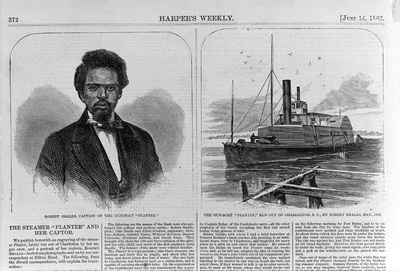
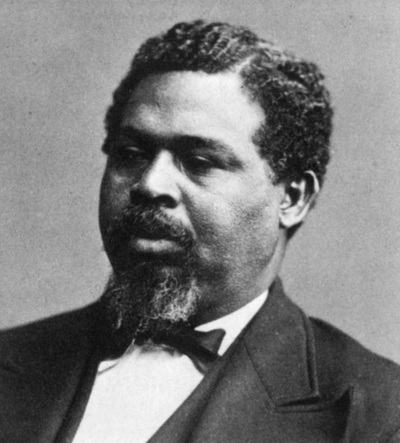
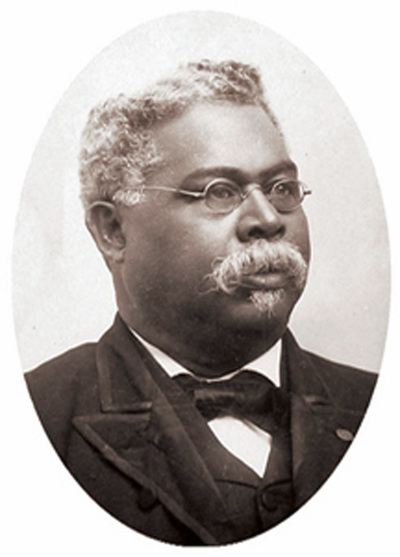
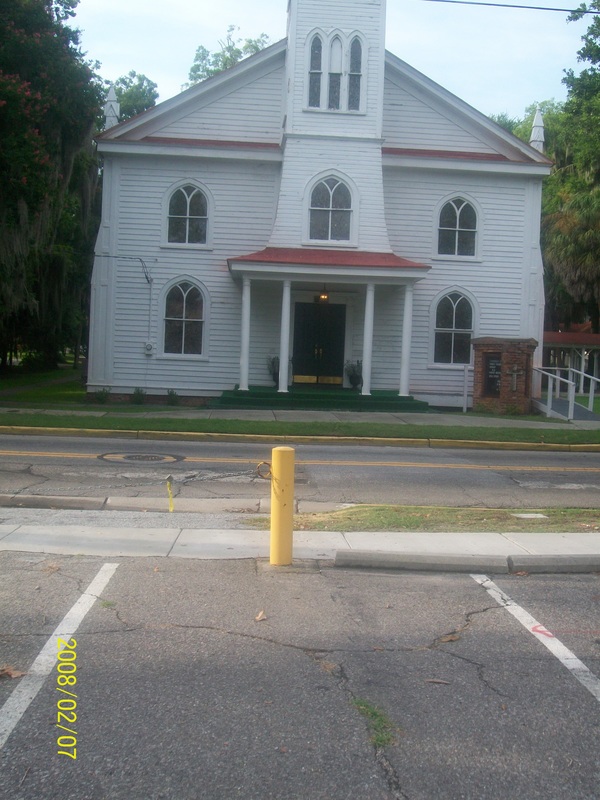
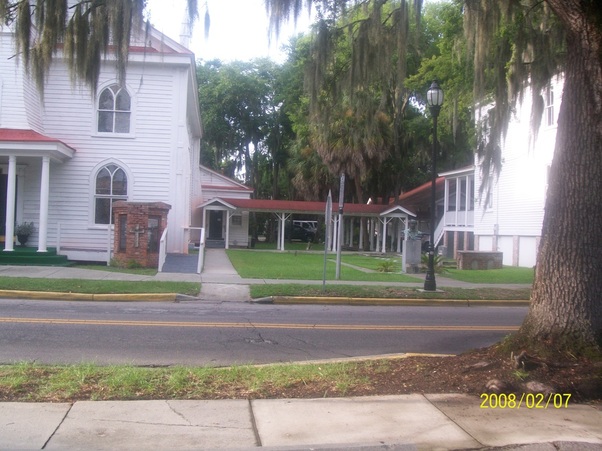
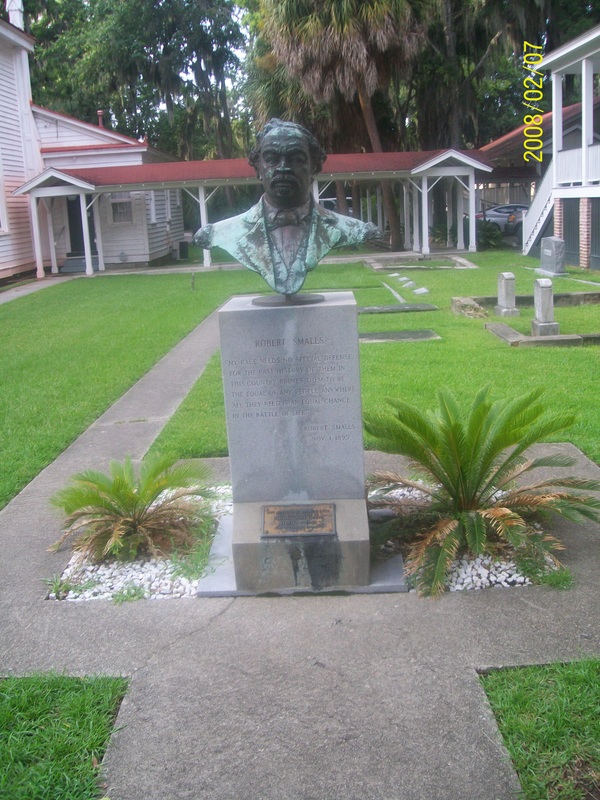
 RSS Feed
RSS Feed
